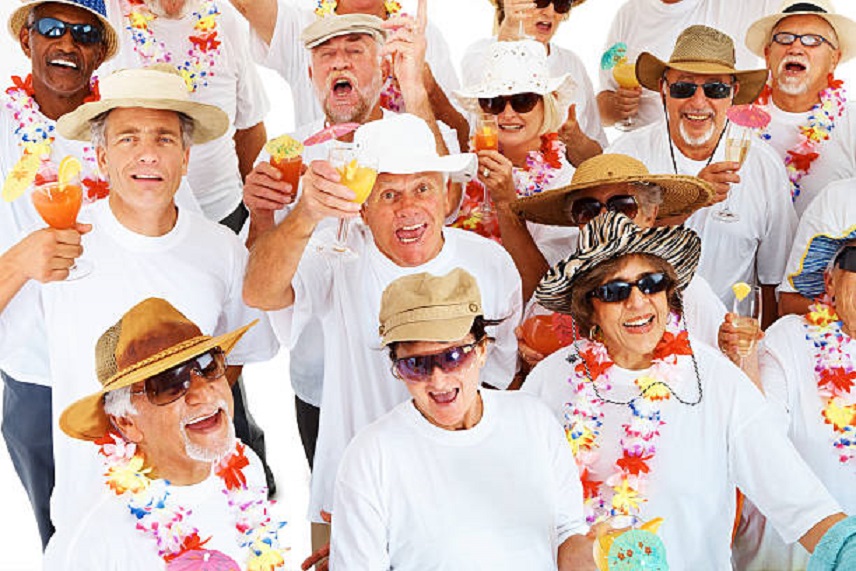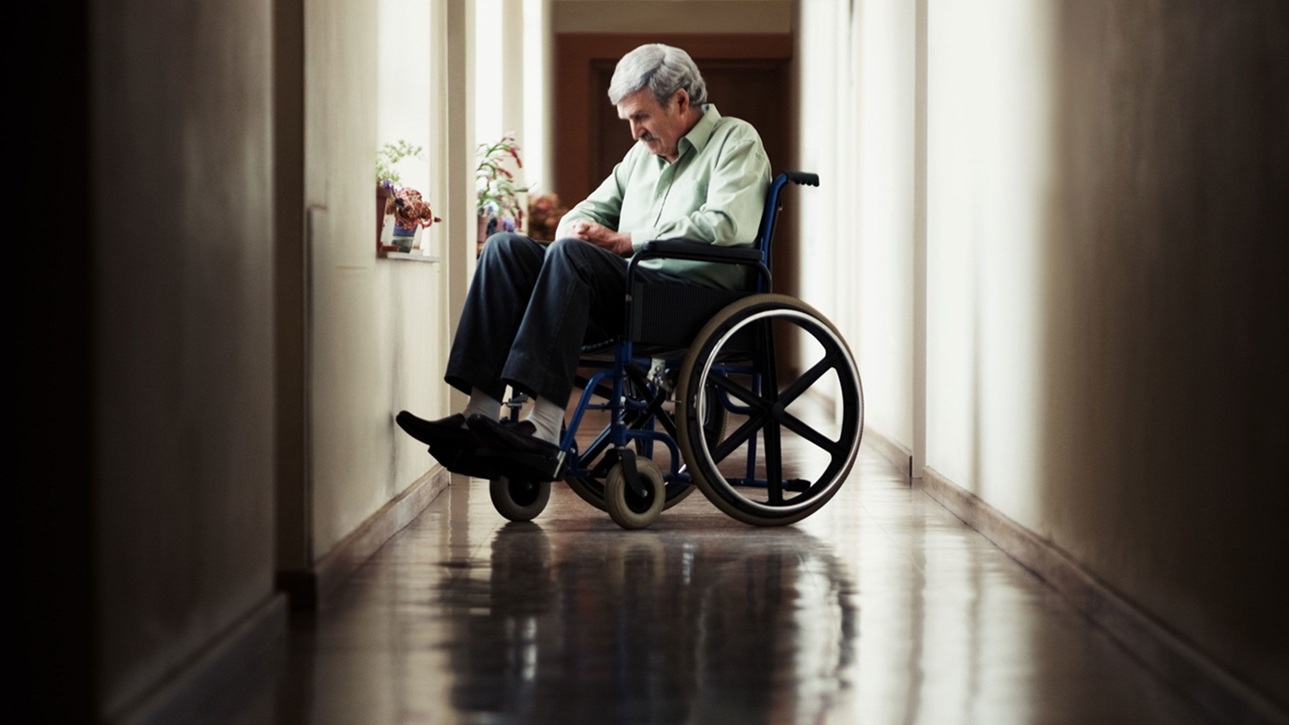Everyone who enters in his/her seventies should aim to live a hundred years – in good health. Once, one has crossed the ‘Swinging Sixties’ the guiding principle should be –
Slow down in the Seventies, Tranquillity and ease in Eighties and Nirvana in Nineties.
The path to nirvana is full of obstacles. Unless one makes lifestyle changes in every decade. Those entering the seventies have generally lived a disciplined life and have survived the immediate, dangerous period of ‘retirement blues’. It is easy for them to make changes in their lifestyles for the benefit of their future health.
First, one must be aware of the health challenges their body faces in the seventies.
Bodily Changes in the Seventh Decade of Life
The ageing process which starts in the fifties and sixties increases its pace in the seventies. Almost all parts of the body are affected but the most marked effects occur in our brain and musculoskeletal system.
Brain
Senescence of the brain starts slowly, especially in those who start using it less often. Minor memory lapses are common but dementia may occur albeit at a slow but irreversible pace. This leads to a rapid decline and deterioration of all body organs and functions. Those who sleep more often in the day time have disturbed sleep at night. Ageing in the rear- lower part of the brain may lead to a loss of sense of balance. Thus, the chances of falls are more common.
Musculoskeletal System
Muscles start becoming flabby and weak and the joints becoming stiff if these are not exercised enough. Weak bones do not heal well if broken.
Cardiovascular System
The muscles of the heart start weakening, the heart valves and the walls of arteries become stiff. Glitches also occur in the electrical system of the heart. These lead to inadequate blood flow to organs and seven moderate exercises cause breathlessness. Hypertension may occur in some, if not detected in time, it may lead to strokes.
Boweles
Bladder control becomes difficult. In males the chances of prostate gland enlargement become high and in females, urinary infections are common.
Skin
This becomes thin and it bruises easily. Sweating is less, dryness is often present followed by itching.
Eyes
Apart from cataract which most are aware, chances of developing glaucoma are also high. Muscles of the eyes and pupils become lax, leading to a lag in visualising objects. This results in falls, especially at staircases.
Ears
Loss of hearing starts slowly, especially in those who have been subjected to loud noises while in service. Some may also hear a constant ringing sound which is quite irritating.
Immunity and Cancers
It is well known that the body’s immune system weakens and chances of getting infections are high. Chances of developing certain types of cancers are also quite high in people with lower immunity.
Appetite
In general, appetite is reduced. But in some persons the urge to snack on unhealthy food increases. These may lead to nutritional deficiencies in some and obesity and diabetes in others.
Stress
Stress is higher in those whose spouse has died or those who are living in a joint family which have difficult interpersonal relationships.
Social Groups
Many persons get withdrawn inwards as close friends and relatives of their age have either died or have drifted apart. Travelling is also limited.
Mental Health
It has been studied that 20% of the senior citizens have one or the other mental illness.
Lifestyle Changes in the Seventies
Most of the health issues of our body are controlled by one organ – our brain. It thinks and acts on behalf of the rest of the body. If our brain accepts that ageing is a natural process but one can slow down this process. Many wise men have suggested that at the time of final retirement one must introspect and define one’s ‘Purpose of life’. Once a person has a purpose of life, the lifestyle is changed accordingly by our brain. If there is no purpose of life, a person relaxes so much that turning into a ‘couch potato’ is easy. The resting body takes over the functions of the brain and one becomes lazy. Sleeping in the day, snacking more often and having a light sleep at night occur in such persons. How to avoid this is discussed below.
Exercising the Brain
Self-employment or a passion for something creative or constructive is the best exercise for the brain. Researching and writing, discussing new ideas, mentoring or tutoring someone keeps the brain wired. Others good hobbies are gardening, puzzles, sudoku, or games like chess and bridge.
Exercising the Body
This is equally important. It not only helps the musculoskeletal system but also our heart and brain by pumping more blood to these organs. It also ensures the sleep of better quality. Stretching and strength exercises can be done inside the home. Walking, cycling or dancing can build stamina but should be done for at least half an hour a day. Exercising in daylight provides vitamin D too.
Sleep
Seven to eight hour of continuous sleep is essential at night. Spells of toilet breaks shouldn’t deter a person in going back to the bed. Daytime sleep should be avoided at all costs though an afternoon nap is good for some.
Diet
One positive effect of the corona pandemic is the death of party culture. Spells of heavy snacking and excess drinking late in the night are out. One must stick to healthier food options as the appetite is reduced in the seventies. Fruits and salads are healthier snacking options. So are a fistful of mixed nuts and seeds. Proteins can be taken from eggs, fish and lean meat. Cottage cheese, sprouts, chickpeas, soybeans and whole daals are also good options. One needs to go slow on the ‘whites’ in our diet-excess of sugar, salt, ‘maida’ and fats. All fried foods including fried fish are best avoided.
Tobacco and Liquors
Tobacco in any form is harmful. Liquor in moderation, two to four times a week is alright if the person is otherwise not suffering from a disease.
Sex-life
The sex drive doesn’t die in many persons, this is neither immoral nor unhealthy. However, the orgasmic blast is slowly replaced by a more sublime and affectionate pleasure.
Gums and Teeth
These need special care. Brushing after every meal is ideal, especially if sweet and sticky food is eaten. Flossing before bedtime is a healthy habit.
Social and Spiritual Life
This is not being discussed here in detail as more focus is on bodily health. However, our social life has a great impact on our physical health. A person who loses his spouse and has no friends has high chances of developing dementia too.
Special Medical Requirements
Many medical measures are available for early detection and prevention/ control of diseases commonly encountered in the seventies and beyond. Most measures depend on the existing health of each individual. Hence, measures should always be taken in consultation with a trusted physician who has knowledge of the person’s medical history and would also examine the person before giving the go ahead.
Medical Examination
A comprehensive medical examination at the beginning of each decade of life is recommended. Thereafter a half-yearly medical examination is sufficient unless medicines are being taken for some disease. Laboratory or body imaging is best left to the advice of the physician. For males, a digital examination of the rectum and possibly a PSA examination may also be done by a surgeon. Females should undergo breast examination and a gynaecological check-up.
Home Self examinations
Another positive from extended Lockdowns was the confidence in many aware persons in measuring their own pulse and oxygen level with the help of Pulse Oximeter. It is not difficult to measure ones Blood pressure as also the blood sugar at home. If one master these techniques such measurements should be done every quarter or earlier if a need is felt.
Dietary Supplements
A balanced diet is the best to obtain vital nutrients. Yet, some persons, especially vegetarians may need to supplement vitamin B12. Those who do not get sufficient sunlight may require a vitamin D supplement. These should also be taken after consultation with the physician.
Statins and Low Dose Aspirins
Many physicians recommend these medications if one is at risk of getting heart disease. Keeping in view their side effects, the physician will advise after due consideration.
Geriatric Fittings
Several engineering and construction aids are recommended to prevent falls. Brighter indirect lighting, dim lighting at floor level in bedroom, replacing routine floor tiles with anti-skid tiles and provision of grips are some of the several measures which should take.
Title Image Courtesy:https://www.istockphoto.com/stock-photos
Disclaimer: The views and opinions expressed by the author do not necessarily reflect the views of the Government of India and Defence Research and Studies. Above measures are general guidelines. It is reiterated that the physician who conducts a medical examination is the best judge.








